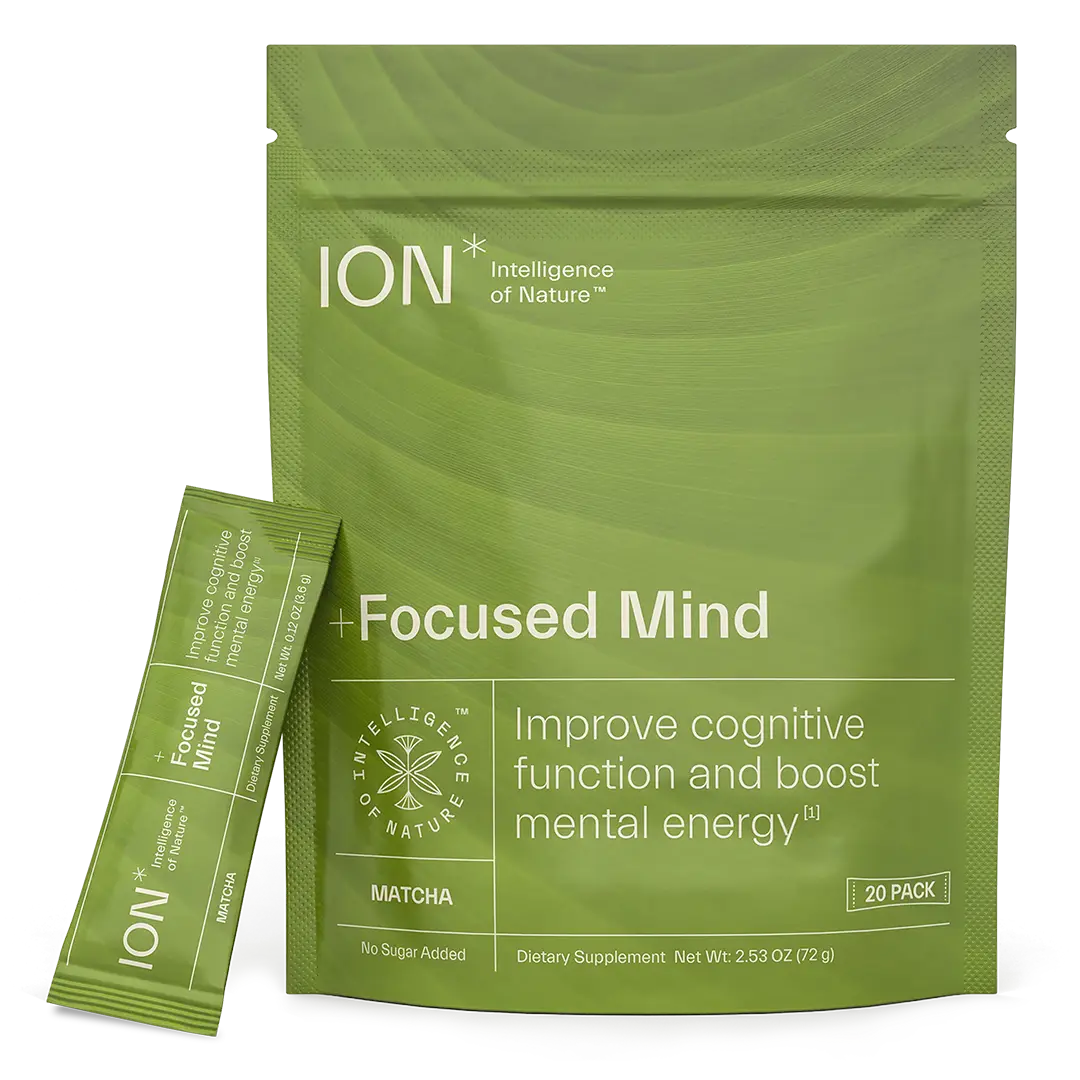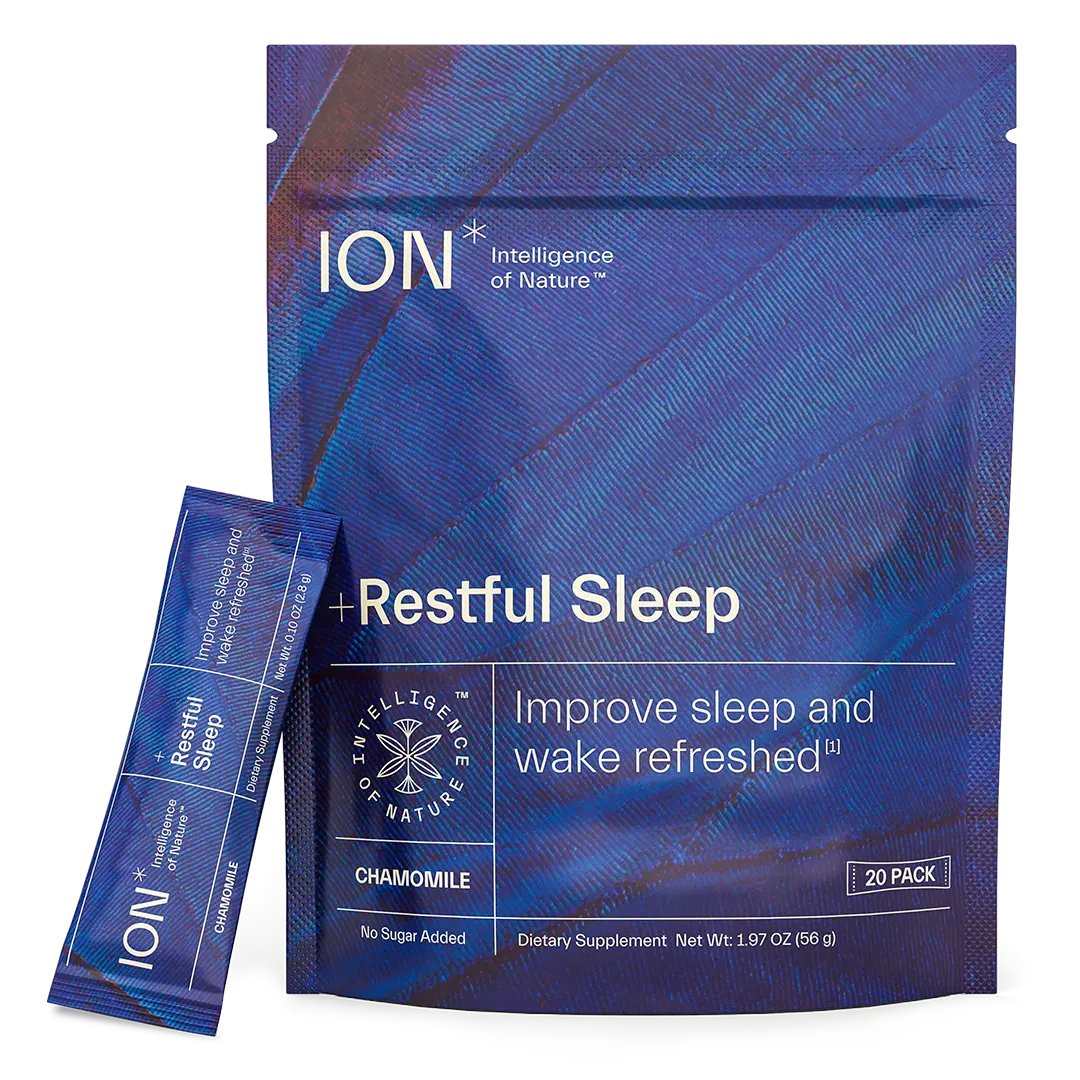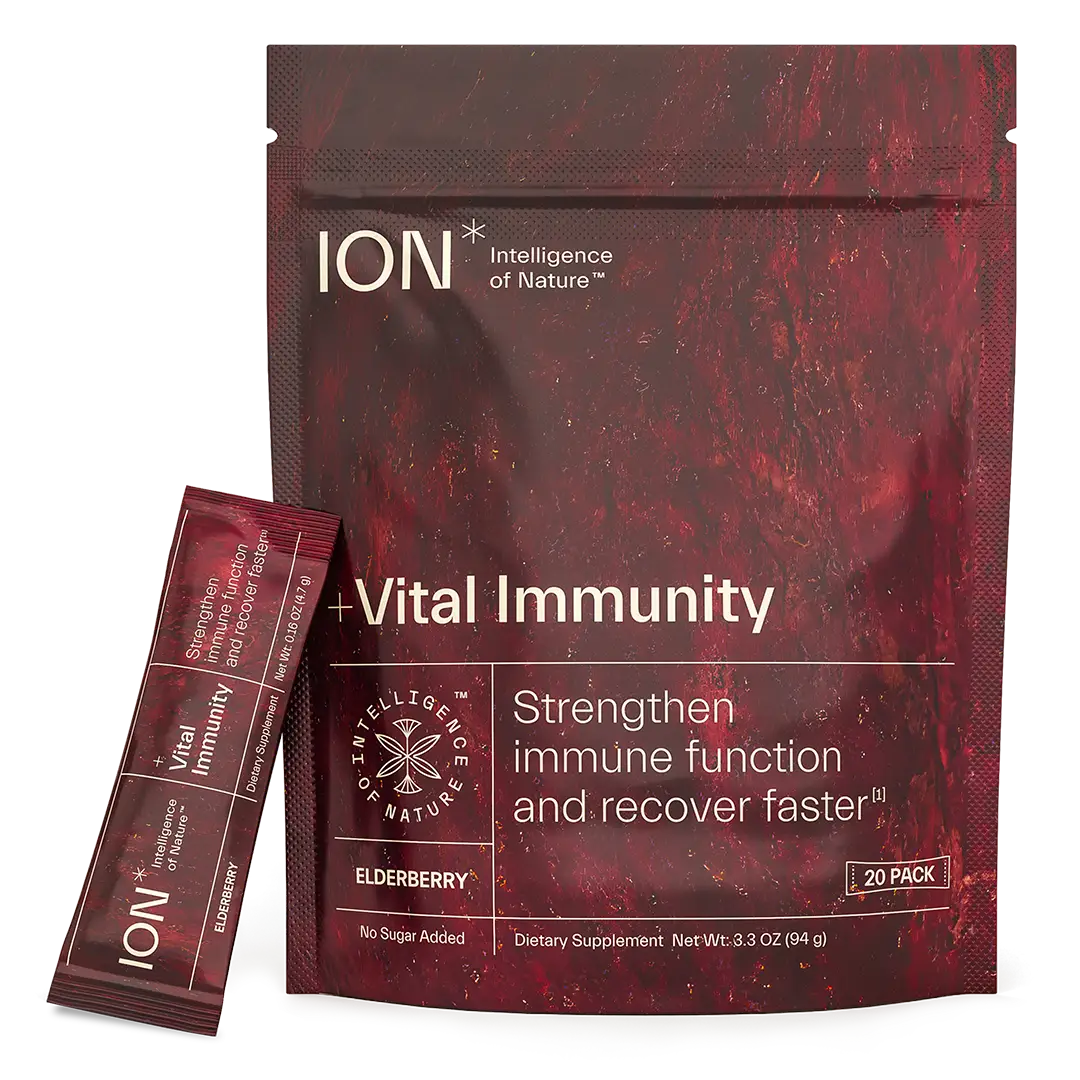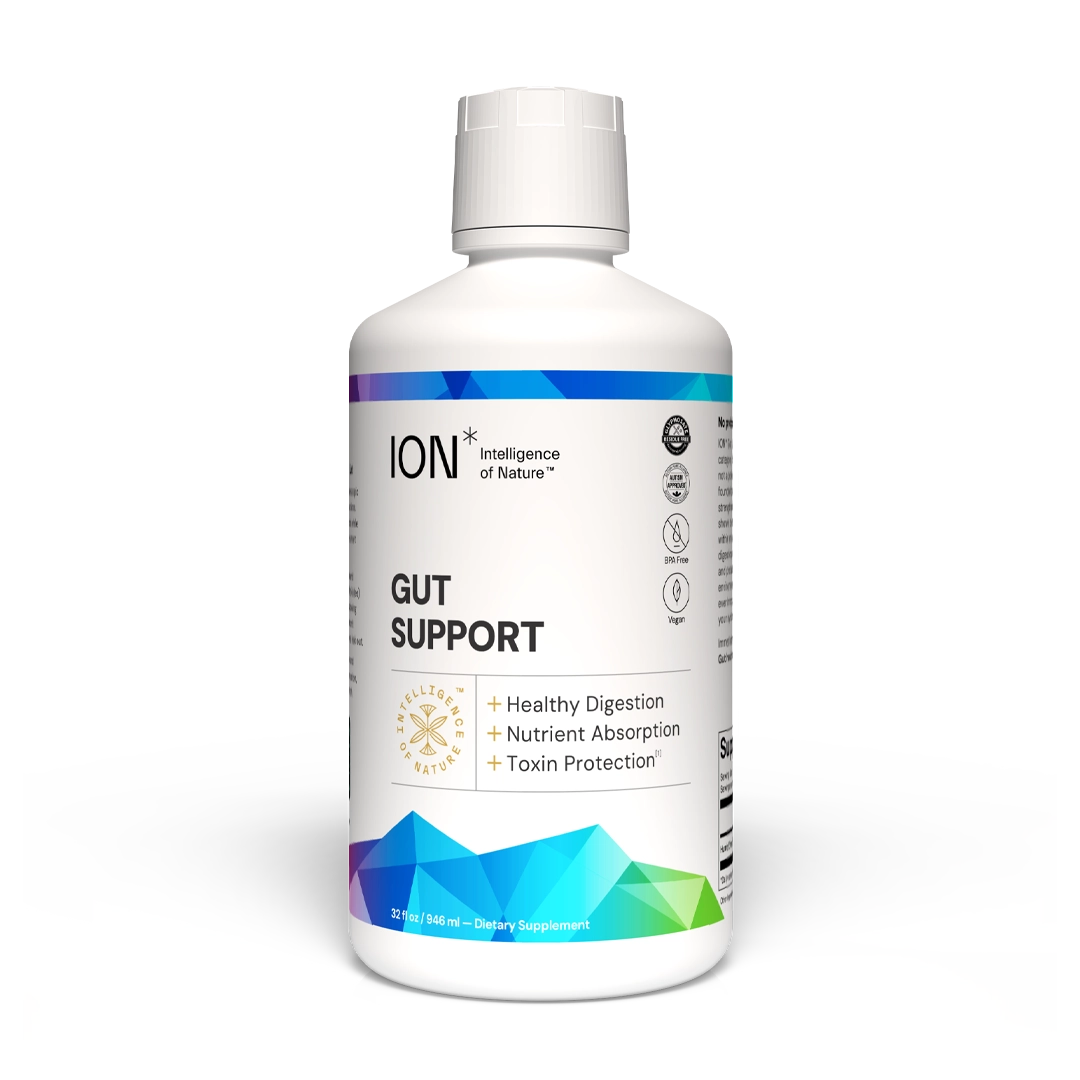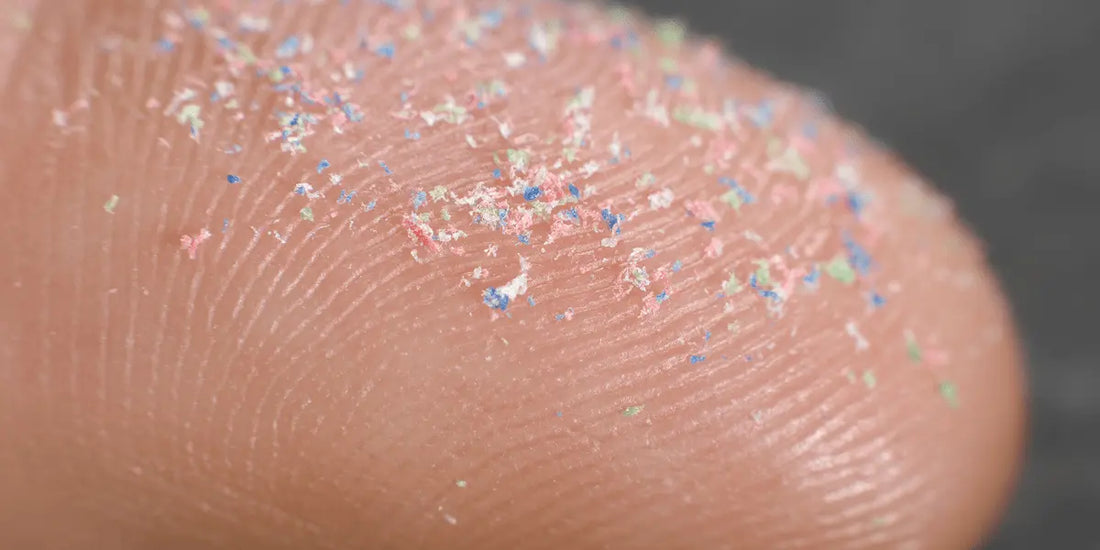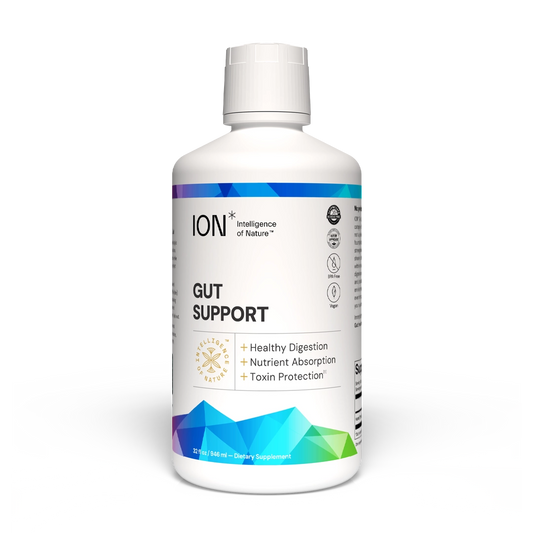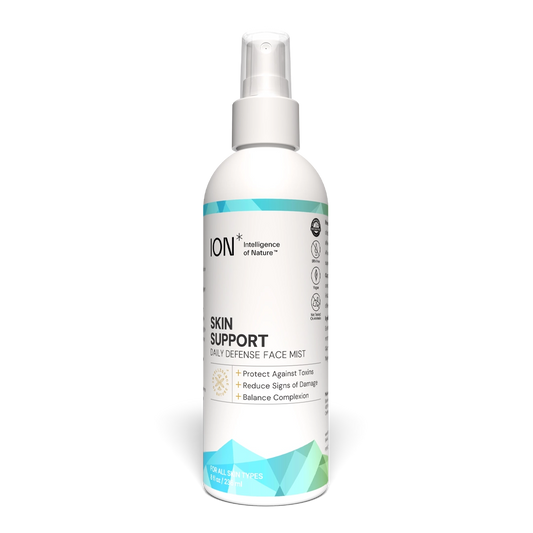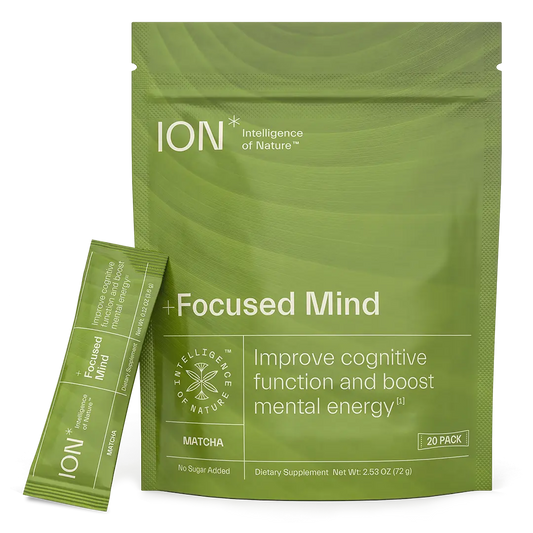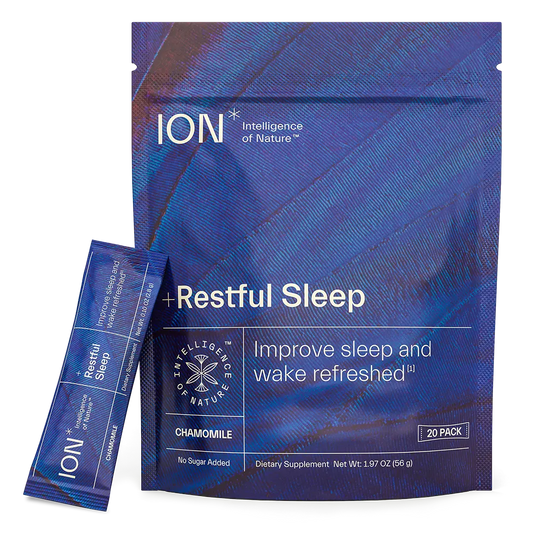There’s been a lot of buzz lately about microplastics, and for good reason. Studies now show that nearly 77% of people have detectable levels of plastic particles in their bodies. But not all plastic particles are created equal, and it’s important to understand what we’re really dealing with...and more importantly, what the body needs to stay resilient in the face of it.
First, Let’s Talk Microplastics vs. Nanoplastics
Microplastics are plastic fragments less than 5 millimeters in size—visible under a microscope, and often originating from broken-down packaging, clothing fibers, or industrial waste. But it’s the even smaller particles—nanoplastics—that pose the greater biological threat. These are typically defined as particles under 1 micron (1,000 nanometers). At that size, plastics can interact directly with our cells, cross into the bloodstream, and even enter the brain.
One commonly overlooked piece of the puzzle is how these tiny particles come to be. Larger plastic items start degrading as they leach plasticizers—chemicals that keep them flexible. As plasticizers are released, the plastic becomes brittle and begins breaking into smaller fragments. These fragments become airborne, wash into water supplies, settle in soil, or make their way into our food. Even more concerning, the plastic particles that make it into the body often still contain residual plasticizers, which can continue leaching inside us—triggering inflammation and acting as endocrine disruptors.
These nanoparticles are invisible to the naked eye but not to your biology. They’re capable of moving through the tight junctions in your gut, skin, and blood-brain barrier if those defense systems are compromised.
Why the Barrier Matters
One of the most essential systems we have is our epithelial barrier—the linings that keep our inside world separate from the outside world while intelligently letting in the stuff we need (nutrients, water, electrolytes, etc.).
When that barrier is intact, your gut (and other linings) can keep these particles from ever getting into circulation. But when it’s compromised, from poor diet, stress, or environmental factors like glyphosate, those gaps open up, and things like nanoplastics slip through.
What We’ve Seen in the Lab
In our lab, we’ve used a fluorescent model of micro- and nanoplastics to observe how these particles move across the gut lining. When we apply ION* Gut Support to that model, we see a marked reduction in nanoparticle transfer. That's because Gut Support helps tighten the junctions between cells, essentially making the gut smarter, stronger, and more selective.
What’s more, we’ve seen similar effects on skin cells and blood-brain barrier tissue—suggesting this isn’t just a gut-specific solution. It’s a broader approach to the health of all your barrier systems.
What If Plastics Are Already Inside?
Once nanoplastics make it past the barrier, they begin to behave like other environmental toxins. They trigger chronic inflammation, interfere with hormonal systems, and accumulate in key detox organs like the liver, spleen, and lymph nodes.
Luckily, ION* Gut Support has been shown to activate Nrf2, a transcription factor that boosts your detox pathways—mobilizing glutathione and other key defense molecules to help break down and eliminate environmental stressors like plasticizers.
How ION* Gut Support Defends Against Nanoplastics
The value of ION* Gut Support here comes down to three key roles:
Barrier Protection
Supports the tight junctions of epithelial linings (gut, skin, blood brain barrier) where plastics first try to get in.
Detox Support
Activates Nrf2 to promote cellular cleanup and protect against oxidative stress.
Systemic Support
Because it works across multiple tissue types, ION* Gut Support offers protection wherever exposure happens—from digestion to inhalation to skin absorption.
Final Thoughts
We’re not going to rid the planet of micro- and nanoplastics overnight. But we can strengthen our internal defenses. Supporting barrier integrity and optimizing detox pathways are scientifically grounded steps we can all take.
ION* Gut Support offers a systems-level way to do that, helping you stay resilient in the face of a plastic-filled world.
